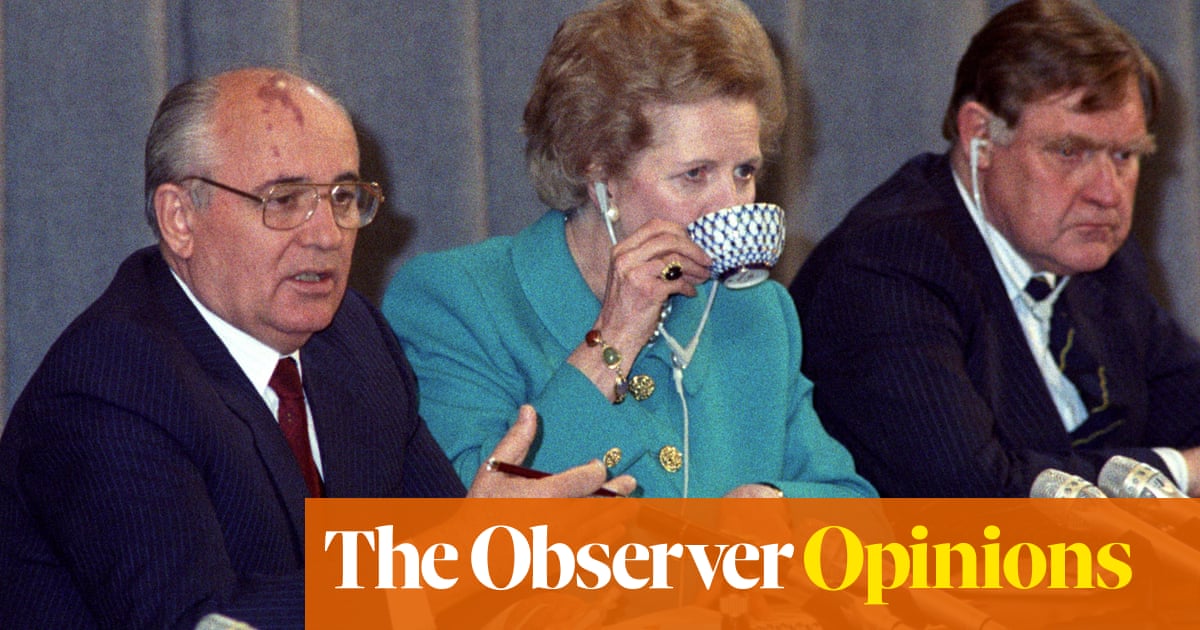
The question Last year I joined a choir where I became friends with a very nice man. Two months ago, my boyfriend and I ended in a rather painful way – I found out he was cheating on me. Now my choir friend has told me he has always had a crush on me. He never acted upon it because I was in a relationship, but now that I’m not, he would like to take me out to see where it will go (his words).
I’m flattered by his attention. He’s good-looking, sweet, interesting and has his life in order. I have no doubt about his sincerity and all-round decency. Yet, I don’t feel the great attraction or spark that I’ve had in previous relationships (and that also have led to some big mistakes).
For now, I told my friend it’s a little too soon for me to start dating again and he said he is willing to wait. Should I give this a shot? Will I hurt someone I care about more by declining his proposal or by giving him a chance and then finding it doesn’t work? If this is simply not the right time for me to start a new relationship, won’t that mean I am letting a potential great partner pass me by? It’s the old sense versus sensibility dilemma.
Philippa replies OK, let’s go with Sense and Sensibility by Jane Austen. (Spoiler alert) Marianne Dashwood felt a massive spark for Willoughby. And what did we learn? That sparks don’t necessarily work out long-term. Willoughby was very sexy but also, unfortunately, like your ex-boyfriend, faithless. Colonel Brandon, on the other hand: not so good-looking, older than Marianne but faithful, kind, sensitive – and in time Marianne, who felt no initial spark at all, came to love him with a much deeper, more mature love than what she learned was the mere infatuation she had felt for Willoughby.
I think we need to unpack this idea of a “spark” a bit more. What is this spark, really, and why are you missing it? Often, when we feel that instant attraction, it’s not necessarily a sign that the relationship will be a good one. In fact, quite often that spark is our unconscious trying to complete an unfinished pattern from our past.
For instance, if in childhood you felt that you were never quite enough for one of your earliest caregivers, you might be attracted to people who are hard to please or emotionally unavailable. The spark in that case is you unconsciously seeking to prove that you can be enough this time. It’s like trying to fix an old wound through a new relationship. When the person who triggers this feeling is available, you experience excitement and victory, but it’s a short-lived high, because they revert to type. Eventually, the cycle repeats itself and you find yourself back at square one.
When someone reminds us, in subtle, usually unconscious ways of the person we have unresolved feelings for, we are vulnerable to feeling the spark. While this can be thrilling at first, it’s often these very sparks that lead to relationships filled with turmoil and repetition of the same patterns. You might even recognise this in your past mistakes – the same kind of spark leading to the same kind of hurt. Not all sparks are harmful, of course. Sometimes, unconscious attraction can come from something small and familiar, like someone’s smell, and that’s perfectly healthy. But in all relationships, the early charged chemistry changes over time. The person reveals themselves. So, rather than chasing sparks, I’d suggest allowing yourself the chance to fall in love with a real person, one who stands before you as they are, not as someone who merely ignites a spark in you.
Not every relationship begins with explosive chemistry. You’ve been burned by the highs and lows of passion before so why not see what happens when you prioritise someone who seems emotionally safe, someone who offers you stability and decency? The spark may smoulder in time and there’s no harm in taking that time to get to know him and see where it leads. He is responsible for any risks he takes with his own heart, not you. You’re not making a lifelong commitment by going on a few dates. If it works, fantastic. If not, you gave it a chance.
Self-help guru Susan Jeffers had a saying for people who keep falling for the wrong type: “Your type is not your type.” She might say the spark is a danger signal. Sometimes, when our brains are wired by unsatisfactory attachments in childhood, they need rewiring to recognise what’s healthy over what’s merely exciting.
Now you could just take Jane Austen’s word for it and say “yes” to your new friend. And, of course, you can say no to him without guilt, either now or after a few dates. But, remembering the “your-type-is-not-your-type” mantra, why not go for the guy who is stable, kind and “together”? I think you may be drawn to him on some level, hence your question.
Recommended reads: Feel the Fear and Do it Anyway by Susan Jeffers; Sense and Sensibility by Jane Austen.












